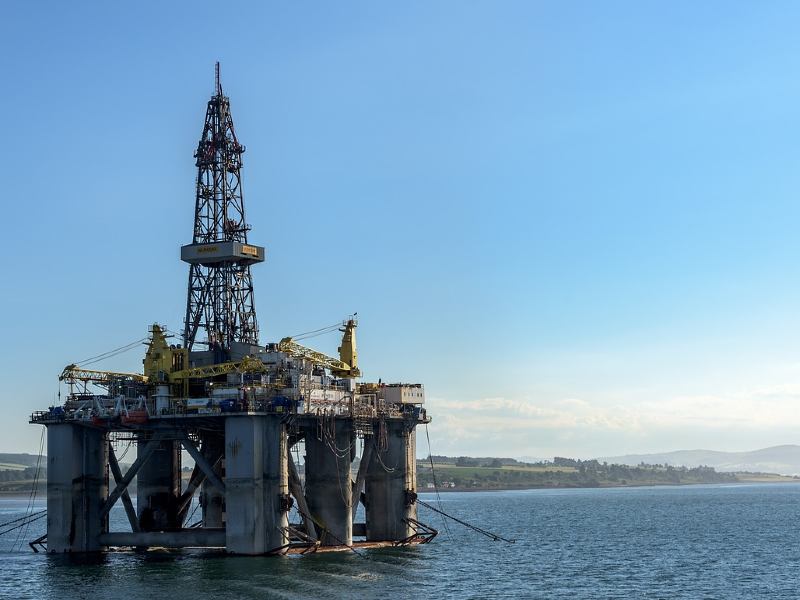
Climate and energy security goals are at risk in the UK, Norway and Denmark due to a lack of clear net zero strategies and in some instances due to governmental and societal attitudes. This is according to the latest North Sea report series from the Oil and Gas Transitions (OGT) initiative.
The three countries on which the reports focus, UK, Norway and Denmark, are all economically reliant on North Sea oil and gas. However, the skills, resources and knowledge shared by these countries could create a global blueprint to accelerate the phase-out of oil and gas in the North Sea and beyond.
According to the reports, in order to capitalise on these resources, clear pathways for a clean and just energy transition alongside changes in attitudes and sound governance are essential.
The report makes several generalised recommendations to support the energy transition; including:
• Support for innovation and investment in renewables and low carbon technologies to replace oil and gas – both as an energy supply and as a revenue stream
• Targeted support for technologies such as renewables and hydrogen, which could create new economic opportunities, deliver green growth, and support communities that rely on the fossil fuel sector for their livelihoods
Each country report outlines recommendations based on the country’s unique challenges and opportunities:
Norway’s energy transition
In Norway, the oil and gas sector employs 6% of the workforce, which contributes to the economy, but also to a quarter of the country’s CO2 emissions each year.
The report suggests that the Norwegian government focus on shifting attitudes, which report author and board member of UN Global Compact Norway Heikki Holmås suggests is highly possible.
“In Norway, the oil and gas industry runs deeply through the economy and society, particularly for communities supported by employment in the sector. Phasing out North Sea oil and gas will have a substantial impact on the country and there is not yet consensus on how we achieve our 2050 net zero targets.
“It is however likely that a consensus can be established around strong investment in offshore wind and CCS together with a net zero commitment for all oil and gas extraction. Through tripartite dialogue, the government can deliver strong and ambitious policy that accelerates a clean energy transition in the North Sea, supports Norwegian communities and protects against future fossil fuel crises.”
The report recommends policy makers set out a bold strategy, developed in partnership with businesses and civil society, a union that could see Norway install up to 50GW of wind power by 2050.
Denmark’s energy transition
Denmark has a clear vision for phasing out fossil fuel extraction by 2050 and the OGT findings show that a phase out by 2040 or even as early as 2034 is achievable.
Professor Brian Vad Mathiesen of Aalborg University said in a statement: “There is a unique window of opportunity to accelerate the clean energy transition in Denmark, by already phasing out most of Danish oil and gas exploration by 2034 and at the very latest, by 2042. Such a move is not only possible, it is less costly than anticipated, when considering that production volumes gradually diminish.”
The report recommends the Danish government develop a detailed transition plan which accelerates clean tech roll out and compensates for revenues lost due to fossil fuel phase-out.
Professor Vad Mathiesen added: “Vital to achieving a possible 2034 goal, and stimulating the necessary green innovation, is a clear and holistic strategy for all oil and gas sector actors, a high level of policy advice, transparency and public involvement.
“That’s why we are calling for an independent committee to support the government deliver a robust and clear pathway outlining concrete, practical actions to end oil and gas exploration well before 2050.”
UK’s energy transition
The UK has ambitious decarbonisation targets, however, the OGT report suggests climate compatibility checkpoints are currently at risk due to the energy crisis, as the government looks to increase oil and gas exploration in the North Sea.
Dr Kirsten Jenkins, lecturer at The University of Edinburgh and report author stated: “There is a risk that the current energy price crisis and exponentially rising consumer bills will be used to legitimate new oil and gas developments in the UK; developments that would take place at the very moment when investments should be channeled away from fossil fuels and towards transformative, low-carbon supply and demand-side change.”
However, the OGT’s UK report suggests a clear roadmap delivered through stronger devolved governance to ensure net zero ambitions, could instil market confidence, reduce market volatility and deliver ambitious decarbonisation.